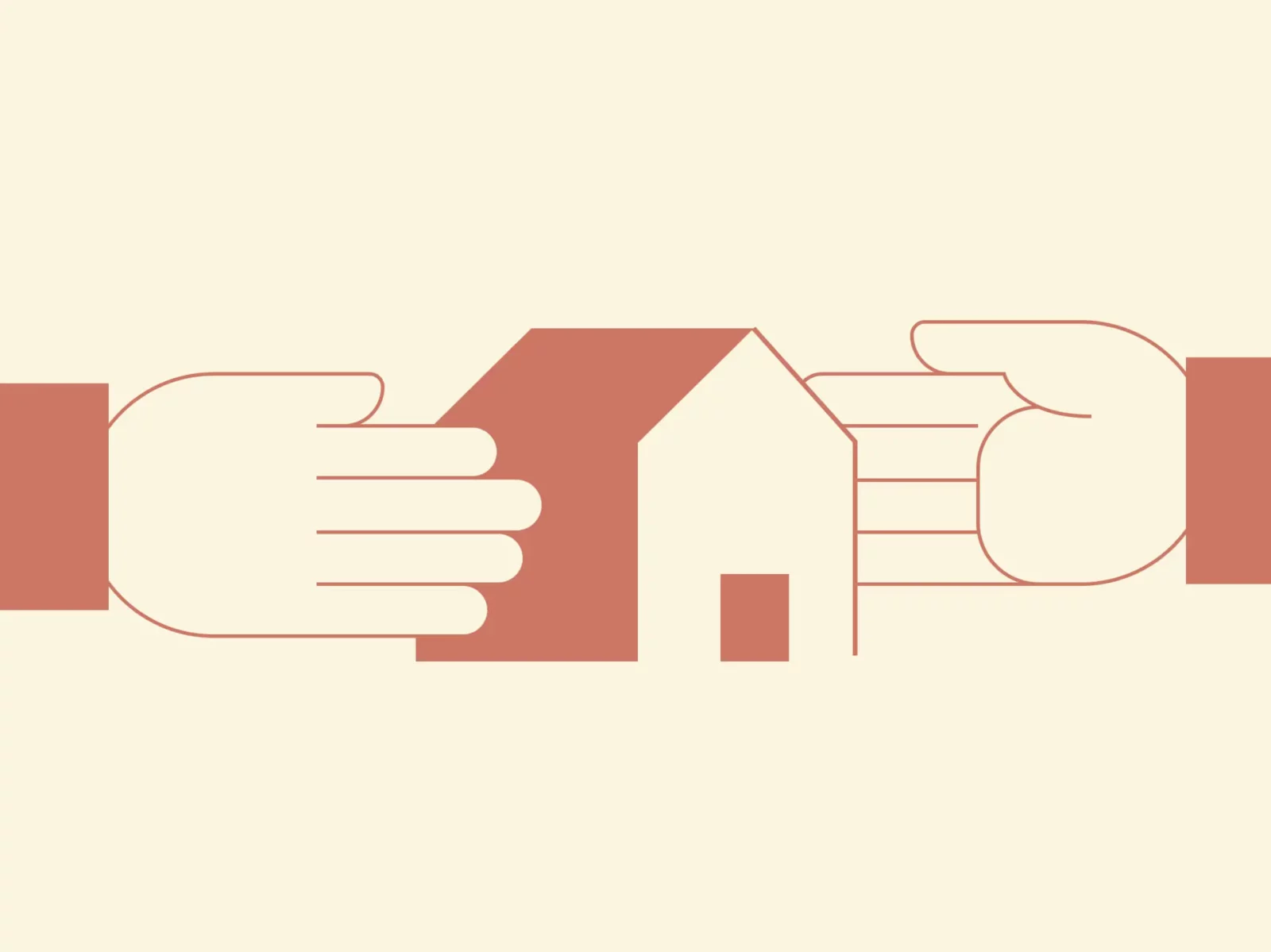
Last week we gave you the first part of our guide series, Choosing a Website Solution. This week, we introduce another guide, with ideas, tips, and occasionally hard truths to help acclimate new real estate professionals to an industry in transition. We’ll start with Part 1:
Real Estate Isn’t a Hobby, It’s a Business.
In recent years we’ve seen some new trends when it comes to the consumer’s relationship with the real estate industry. More than ever before, the average person has access to the kinds of statistics, market analyses, legal documentation, and expert opinions that were previously reserved for people who actively made their living as a real estate agent or broker. Consider, for instance, the guide you’re reading. Before the Internet Age, much of this information would only exist in the mouths of current agents or in realtor licensure textbooks. Consumers had little need for this information because they trusted their real estate professional to know it.
Today, realtors are blabbing all over the blogosphere, even making a buck by telling consumers how to do their jobs. “How to Make Money in Real Estate: Five Easy Steps.” “Flipping Homes for Fun and Profit.” Consequently, some seem to think of becoming a realtor like taking up a hobby, something to occupy your down time, like woodworking or coin collecting.
But most hobbies are cheap, and even the expensive ones are about the sheer enjoyment of the activity. With a hobby, you’re allowed to be careless because you don’t have anything to lose. Neglect your herb garden for a few days? No big deal. Don’t play your guitar for a month? It’ll still be there when your fingers get the itch. Real estate is a business. It’s about money, and as our current market shows, when you get careless in real estate, you stand to lose a lot of it. As a realtor, you’re an independent contractor, which means it’s up to you to manage your own business. Any agent who picks up your slack isn’t handing it back to you.
Finally, hobbies are personal, while real estate is professional. Typically, only the people with whom you choose to share your hobbies know about them, which means they don’t have a huge impact on your public image (unless, of course, you’re still collecting Beanie Babies). But since your conduct as a real estate agent takes place in the professional world, it has much a longer paper trail. Pretty much anyone can find out about it. Fail to satisfy a client, and you’re telling her and everyone she knows that you’re unreliable—which can have serious ramifications for other areas of your life.
None of this means you shouldn’t enjoy working as a realtor. On the contrary, you’re not likely to be successful if you don’t. But the best realtors are those who marry the pleasure they get from their work to an understanding that it’s, well, work.



